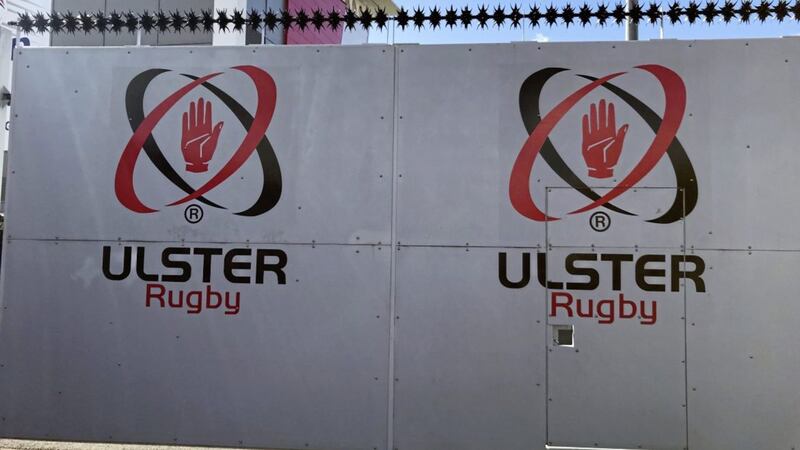In northern scandals both communities have always wanted most to keep it secret from ‘the others’ but thanks to technology and modern media hushing things up is over.
Protestants and Catholics, those who shy away from political labels as well as active supporters are now, more or less simultaneously, absorbing unpleasant scandal. It is all the worse because it involves institutions they separately hold or held dear. Those suffering the most shock may not have realised it yet, but their embarrassment has a shared element.
Grammar schools helped both Catholics and Protestants here to climb out of what was sometimes wretched poverty, to dominate their own worlds and in some cases the wider north. In the continuing shame of St Colman’s, Violet Hill, Newry, and the very different matter of the rugby rape trial that finished last week, the prestige of grammar schools is directly implicated, and the conceit of snobbery.
Rugby is the pride of Ulster grammars; one of the acquitted attended Belfast Royal Academy and the other three were Methody boys, past pupils of Methodist College where rugby stars are the school’s elite.
Violet Hill educated former chief justice of Northern Ireland and member of the UK supreme court Lord (Brian) Kerr; former UK ambassador to the Holy See and first Catholic to hold the post since the Reformation Francis Campbell, IRA hunger striker Raymond McCreesh whose brother is a priest, and former Bishop of Cloyne John Magee.
The raft of bishops and senior clerics who headed or taught in St Colman’s and their interwoven loyalties may partly explain the tamped-down nature of the present scandal, how the Catholic Church has handled or refused to handle it. In these pages assorted individuals have given their own memories of St Colman’s; a prominent Sinn Féiner, former editor of this paper Tom Collins, and a well-known lawyer. They bore out the similar or worse experiences of others.
Once muted by devoutness and deference, this newspaper has now ventilated decades of the church’s disgrace. The deceased Father Malachy Finegan lost his priestly title in reports, more speedily than in earlier examples of clerical shame. But how did such an out-of-control personality hold a senior job for so long? Two bishops and a senior administrator taught alongside him or flanked his time in teaching. Families failed to notice or ignored distress among their boys. Older boys among themselves, we hear, mocked his brutality, lack of control, obvious drunkenness. They missed his sexual abuse.
Will a police investigation or a wider inquiry explain how other priests, lay teachers, and families of boys at the school did nothing to curb him over twenty years? An entire school community enabled Malachy Finegan. The Church, which used him in parishes, sent him to teach and then run a school, is now at last suffering internal collapse, the decades of cover-up having worn down many. Scandal is still burning, with questions for an ineffectual hierarchy and also for a silent laity.
And the aftermath of the rape trial continues, rippling into southern streets and media with at least a start of soul-searching on attitudes to women, and the conduct of rape trials.
Irish rugby, part of the south’s establishment, has apparently had a brilliant season. Ulster rugby likewise has been selling itself as wholesome fun for all the family. Angry protesters waving ‘we believe her’ placards are no advertisement for family fun, not what sponsors want to see.
But young men feted since schooldays for sporting skill may also have been fed a sense of entitlement. Gross sexism persists in sport, as in many parts of society. Feminism is still viewed by some as a dangerous left-wing notion, or a fad.
During his summing up to the jury, Frank O’Donoghue QC for one of the accused wondered why she hadn’t shouted for help to the ‘middle-class girls’ downstairs who ‘would not tolerate a rape or anything like that’.
Rugby may have players from various backgrounds but its northern roots are in the Protestant middle-class. As the brutal and disgusting texts read into the court record revealed the attitudes towards women of three of the acquitted, and of another Irish team member, the News Letter, Middle Ulster’s chronicle, seemed lost for words. But the Belfast Telegraph with its Dublin resources has delivered solid coverage with contributors home-grown and otherwise, some expressing feminist outrage.
A punch-drunk Catholic Church ought to be a lesson to the rugby world. Foster male entitlement and misogyny, reward reactionary attitudes, and your own status will crumble as society outgrows you.








